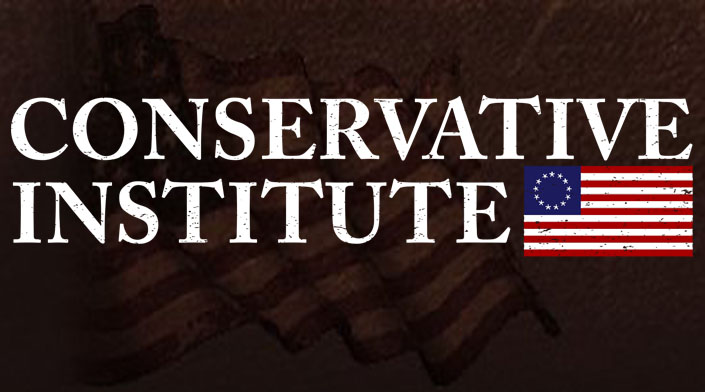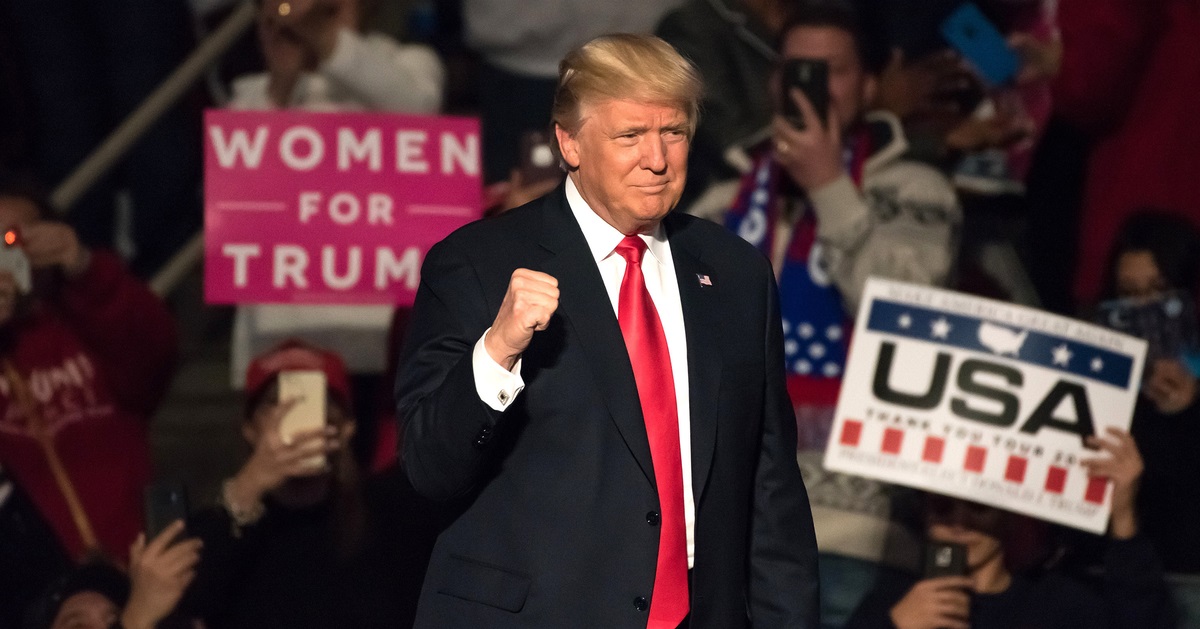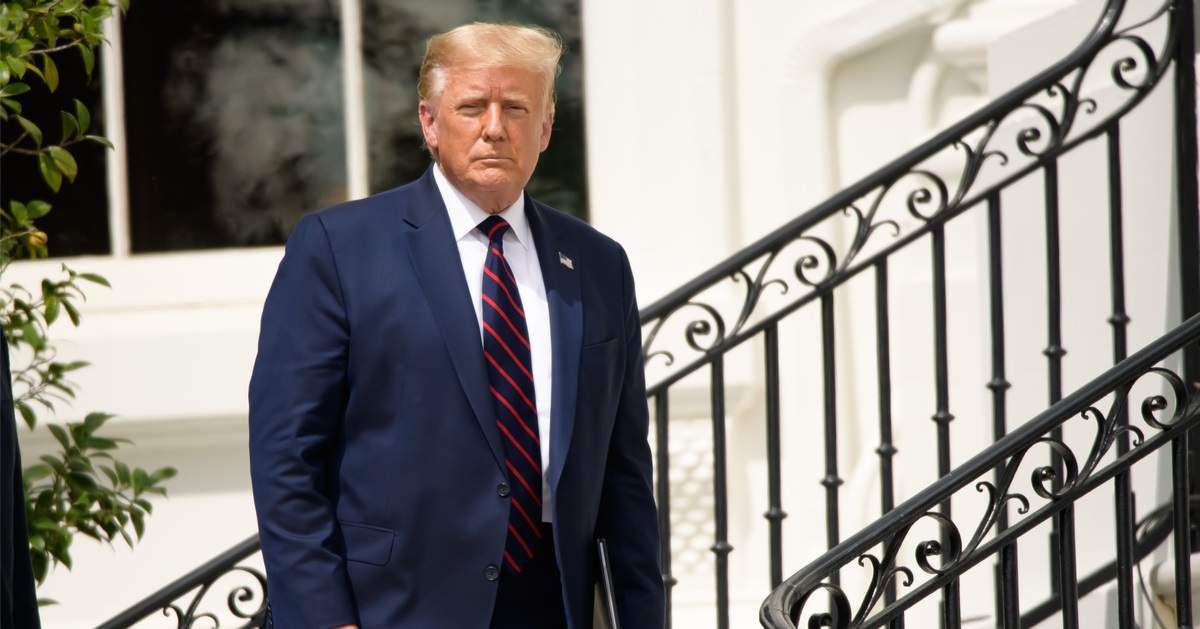Speaker Johnson pushes government spending deal that would block non-citizens from voting
House Speaker Mike Johnson (R-LA) pulled a short-term government funding bill Wednesday that would stop non-citizens from voting, over backlash from House Republicans concerned about spending levels.
Immigration is one of the top issues in the election, and one of Kamala Harris' biggest vulnerabilities with voters. Johnson's bill would tie a six-month continuing resolution (CR) to a bill requiring proof of citizenship to vote.
The deal passed a test vote 209-206 on Tuesday but Johnson later pulled the bill over internal dissent.
Johnson pushes citizenship bill
The House needs to pass a continuing resolution before Oct. 1 to avoid a government shutdown. Democrats are demanding a clean CR, raising the prospect of a shutdown shortly before the election.
"The House Republican CR is an unserious and uncooked product,” Senate Majority Leader Chuck Schumer (D-NY) said. "Republicans should work with Democrats on a bipartisan package, one that has input from both sides, one that avoids harmful cuts, one that is free of poison pills.”
Republicans want to push Democrats to vote against the SAVE Act, which would require proof of citizenship to vote. President Trump has urged Republicans to insist on including the voting restrictions, which Democrats previously rejected in July.
“If Republicans in the House, and Senate, don’t get absolute assurances on Election Security, THEY SHOULD, IN NO WAY, SHAPE, OR FORM, GO FORWARD WITH A CONTINUING RESOLUTION ON THE BUDGET,” Trump wrote Tuesday.
“THE DEMOCRATS ARE TRYING TO ‘STUFF’ VOTER REGISTRATIONS WITH ILLEGAL ALIENS. DON’T LET IT HAPPEN – CLOSE IT DOWN!!!”
Republicans fear shutdown
Some Republicans say Johnson is taking a big political risk by pushing a spending agreement that has no chance of becoming law just before the election.
"It’s not going to become law and Biden will never sign it," an anonymous Republican told Fox News Digital. "So if anything, you could do this a day after the election, and it would be applied to the following term in the next election, which would be the most reasonable thing to do."
"Because now we’re playing with a government shutdown that’s, what, eight weeks before a presidential election?"
Johnson has also faced pushback from House Republicans opposed to any short-term spending deal that would preserve current spending levels.
“No vote today because we’re in the consensus building business here in Congress. With small majorities, that’s what you do,” Johnson told reporters Wednesday. “We’re having thoughtful conversations, family conversations within the Republican conference and I believe we’ll get there.”




